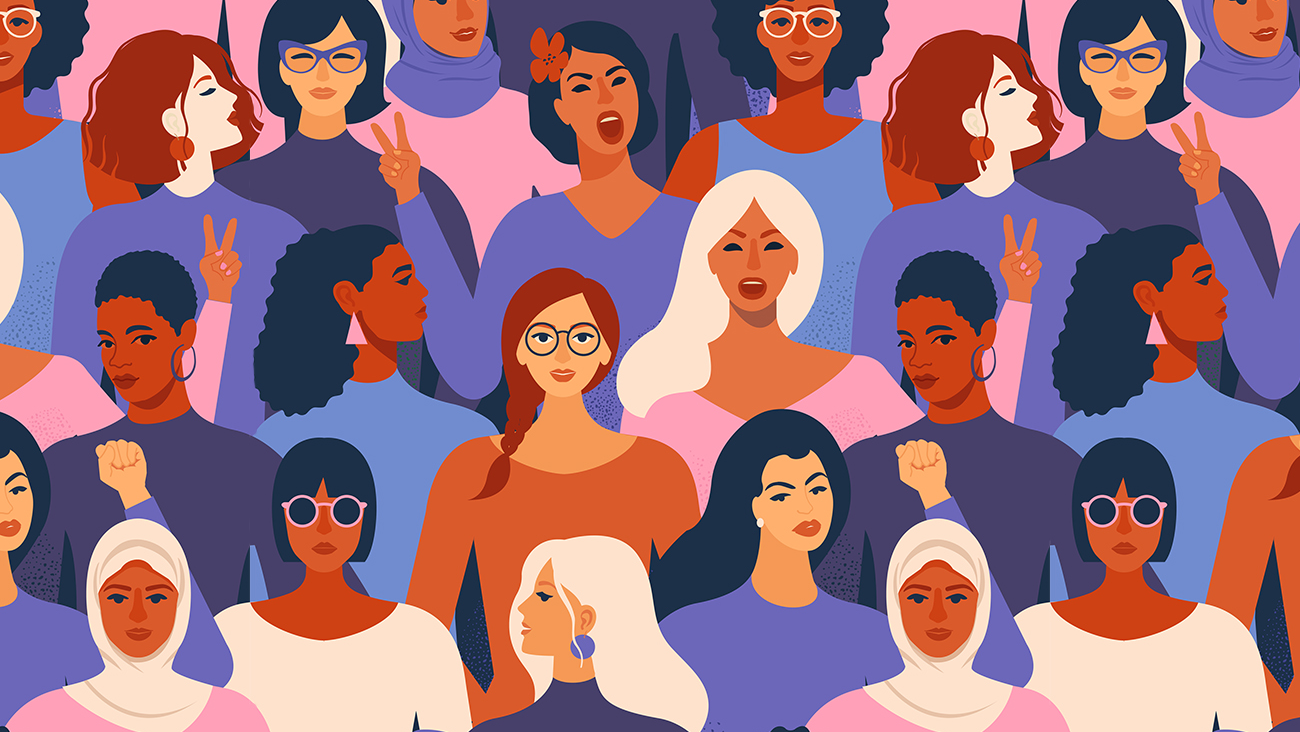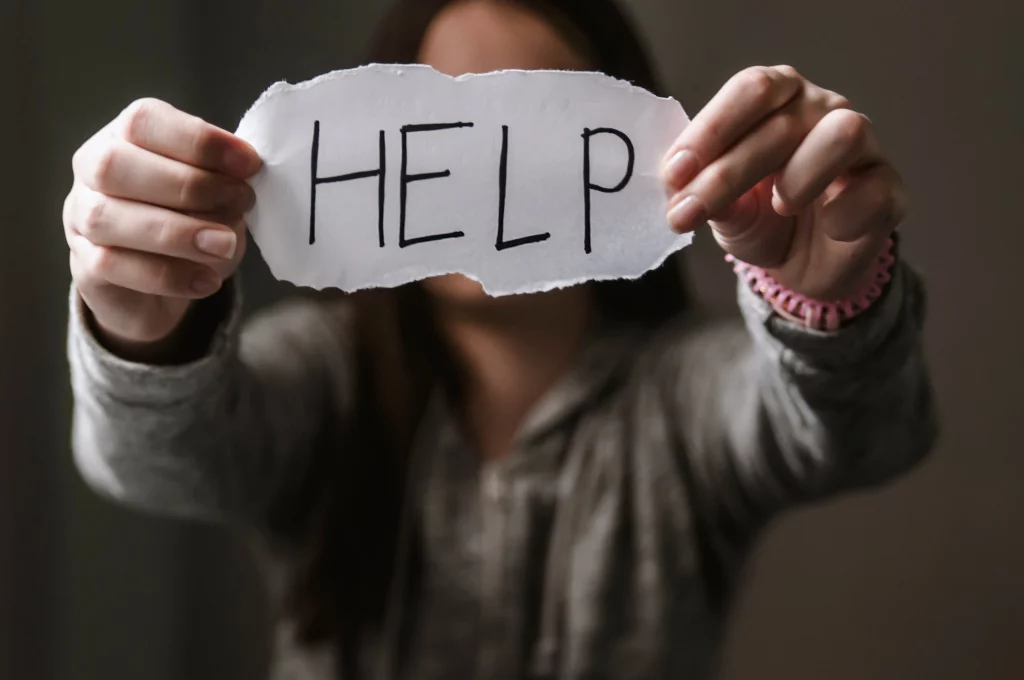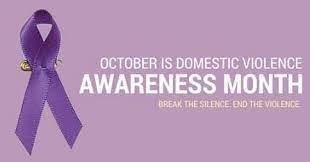
The Pennsylvania Coalition Against Domestic Violence (PCADV) works both on state and local levels to ensure people in underserved communities who experience domestic violence get the resources they need. They provide legislative advocacy, training and resources to help local domestic violence programs.
Many people experience inequality or lack of access to mainstream domestic violence services. And many people from underserved, or marginalized, communities experience domestic violence differently than others; and thus, they may require special, contextual forms of help from local programs.

Underserved communities include:
- People who have a disability
- People of color
- People living in rural areas
- People who are from faiths other than Christianity
- People who are refugees and immigrants
- People who identify as LGBTQ+
PCADV collaborates with several groups, programs and caucuses that address various contextual DV needs and concerns:
- Office on Violence Against Women
- Partnership with the Center for Independent Living of Central PA
- Women of Color Network who train and guide PCADV staff
- Safe Havens in Philadelphia for working with survivors from non-Christian faiths
- Institute on Domestic Violence in the African American Community
- National Indigenous Women’s Resource Center
- Asian Pacific Institute on Gender-Based Violence
- Esperanza United (National Latin@ Network)
- National Latino Alliance for the Elimination of Domestic Violence
PCADV also manages a number of initiatives focused on underserved populations, including:
- The Initiative for People of Color
- The Initiative for People with Disabilities
- Immigrant & Refugee Communities
- The Initiative for Rural Communities
Here is information about marginalized groups, mostly adapted from the websites of PCADV and the National Domestic Violence Hotline.
Abuse in Immigrant Communities
Immigrant and non-immigrant communities experience domestic violence at similar rates, but individuals without citizenship status or other forms of documentation may face heightened risks as a result of factors like language, social isolation, lack of information or financial resources, cultural beliefs, or fear of deportation. Victims often choose not to report incidents of abuse out of fear of immigration consequences; immigration status may interfere with their ability to access support services as well.
Isolation Abusive partners may attempt to prevent immigrants from learning English or from communicating or interacting with others, especially anyone with a shared cultural background.
Intimidation Destroying legal documents or papers like passports, resident cards, health insurance, or driver’s licenses can be devastating to immigrant survivors and thus carries significant leverage for an abusive partner.
Threats Threatening deportation or withdrawal of petitions for legal status is a common abuse tactic capitalizing on fears surrounding immigration enforcement. Also threats to hurt children or have them taken away.
Manipulation regarding citizenship or residency Abusive partners may escalate situations beyond threats by following through on withdrawing, delaying filing, or not filing papers for residency, or by telling partners they will lose their citizenship or residency for reporting violence.
Financial abuse Abusive partners may try to get you fired from your job or falsely report that you’re undocumented in order to isolate you financially and socially.
Domestic violence is against the law regardless of immigration status, but a specialized immigration attorney should always be the first point of contact with regard to immigration questions.

Abuse in Deaf Communities
Deaf survivors of domestic violence face unique circumstances that can make it harder to access services or leave an abusive situation. Dynamics within Deaf, DeafBlind, or hard of hearing communities can make it difficult to retain confidentiality, and abusive partners may have increased opportunities to limit your access to support or information.
Isolation Deaf victims may be isolated from friends, family or access to needed services. Abusive partners may try to prevent Deaf victims from participating in conversations or social situations, especially with hearing people.
Intimidation Abusive partners often sign in an exaggerated manner or close to the face. They may also hit or destroy items or attempt to intimidate victims by stomping their feet or striking walls or doors.
Shame Deafvictims may feel self-conscious about their American Sign Language (ASL) skills or communication abilities. Abusive partners who are aware of their insecurities may criticize or insult them, or intentionally misinterpret their signs, especially in situations involving hearing people or those who don’t use ASL.
Manipulation Information can travel quickly within Deaf, DeafBlind, or hard of hearing communities. Abusive partners may use this knowledge to spread lies or rumors about victims you, or to find out information about their movements and activities. They may also use threats to take advantage of the fact that police and shelter workers often aren’t skilled at communicating with Deaf, DeafBlind, or hard of hearing people.
The National Hotline offers services for Deaf survivors of dating abuse through the National Deaf Domestic Violence Hotline (NDDVH), a partnership with the Abused Deaf Women’s Advocacy Services (ADWAS). Deaf advocates are available by video phone, instant messenger, or email 24/7; advocates from The Hotline may be reached through phone, text, or live chat.
Abuse in Native American & Alaska Native Communities
Native Americans and Alaska Natives face particularly high rates of domestic violence. And while specific cultural contexts vary by location, community, tribal enrollment status and more, forms of abuse often appear similarly in different Native communities.
- Pronounced gender stereotypes may emphasize one partner’s needs over another’s. Abusive partners may try to justify unequal power dynamics using cultural customs or traditional beliefs.
- Efforts to isolate victims may limit what they can do (including decisions about work or school) and who they can spend time with, particularly among others from their community. Jealousy may be used as a justification for attempts at isolation.
- Abusive partners may make indigenous victims feel guilty about their parenting or threaten to harm or take children away. Historical and family legacies of forced adoption in Native communities may exacerbate emotional trauma caused by such threats.
- Financial abusers may take money from victims, or make them dependent for necessities, or prevent them from working in order to further isolate them financially and socially.
- Abusive partners may use culture to justify abusive behaviors, including competitions over “Indian-ness” or “blood quantum,” or overemphasis of traditional gender roles.
- Religious abuse may include invoking spirituality or religion to justify abuse or preventing victims from practicing their chosen religion or rituals, or interpreting religious texts or beliefs as justifications for abusive behavior.
The StrongHearts Native Helpline offers free, confidential support services for Native American and Alaska Native survivors of domestic violence every day through a partnership between The Hotline and the National Indigenous Women’s Resource Center. StrongHearts advocates have a strong knowledge of Native cultures and communities, including issues of tribal sovereignty and the law, and may be able to help you identify resources specific to your community
Abuse in LGBTQ+ Communities
While abuse among lesbian, gay, bisexual, transgender, and queer or questioning “plus” (LGBTQ+) people occurs at the same rates and in similar ways as their heterosexual peers, LGBTQ+ people may face forms of abuse or barriers to accessing support specifically based on prejudices against their gender expression or sexuality. Obstacles to reaching safety that LGBTQ+ people might confront include:
Fear of isolation or ostracization from their family or community, stemming from prejudice. Abusive partners may use isolation to increase victims’ dependence or limit their ability to gain support. They may threaten to “out” victims publicly to hurt their roles or relationships in family, job, school or church settings.
Shame or embarrassment around identity as a result of internalized homophobia. Abusive partners may try to exert power and control over victims’ lives by insulting them, refusing to use their preferred pronouns or chosen names, ridiculing their sexual choices or threatening to out them to others.
Fear of not receiving services because of discrimination or stereotypes about LGBTQ+ people or relationships used to minimize the abuse they experience.
Abuse in Disability Communities
Studies show that people with disabilities are more likely to experience abuse than people without them. Abuse is premised on power and control, and people with disabilities often face specific barriers to accessing help that make them more vulnerable to abuse.
The Equal Rights Center offers four keys ways that disability intersects with domestic violence:
- Abuse can cause temporary or permanent disability.
- People with disabilities experience higher rates of domestic violence, sexual assault, and abuse.
- Violence, assault, and abuse against people with disabilities often takes on non-traditional forms.
- People with disabilities face additional barriers when seeking help.
Non-traditional forms of abuse impacting people with disabilities can make it difficult to identify the abuse when it occurs. Examples of non-traditional expressions of abuse include:
- Stealing or withholding Social Security Disability checks.
- Telling victims they bad parents or can’t be parents because of their disability.
- Invalidating or minimizing a disability with claims of fakery.
- Using a disability to cause shame or humiliation.
- Refusing to help victims complete necessary life tasks, including using the bathroom or receiving medication safely in correct doses.
- Withholding, damaging or destroying assistive devices.
- Preventing victims from receiving medical assistance.
- Threatening to “out” a victim’s non-visible disability to others if it carries social stigma.
- Harming or threatening to harm a service animal.
- Using a victim’s disability to justify an abusive partner’s behavior.
Learn about the Americans with Disabilities Act (ADA), first adopted in 1990, and its legal requirements intended to benefit and protect people with disabilities. The ADA defines disability as “a physical or mental impairment that substantially limits one or more of the major life activities.”
Under Title II, social services, including domestic violence shelters, must be made accessible for people with disabilities. Title III includes mandates accessibility to public accommodations, including counseling offices, legal services, doctor’s offices translation services and shelters.
Remember: no one deserves to experience abuse, and everyone deserves to be in a healthy and loving relationship. For help contact the National Domestic Violence Hotline at 1.800.799.SAFE (7233). Text “START” to 88788.
National DV Hotline advocates are available 24/7 by phone or chat to discuss callers’ situations and help them identify options. Advocates there are mandatory reporters of abuse for people with disabilities and respect necessary confidentiality.
